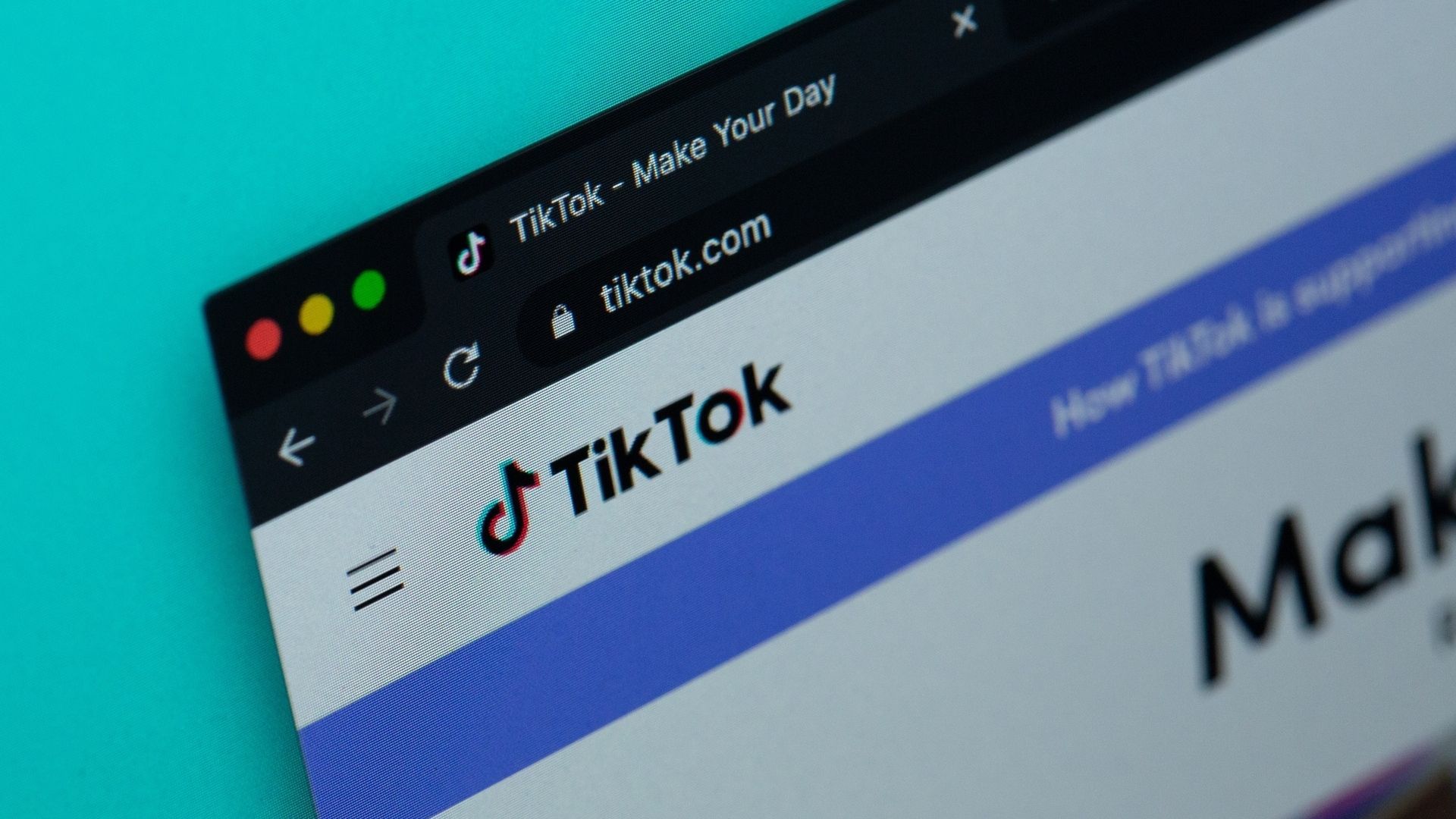The latest trend on TikTok is about an “alleged” 1987-made horror movie. If you were looking to find details about the Zepotha movie, we have some bad news for you.
It is almost impossible to control social media, and every day new misinformation is being spread across the world, sometimes for no reason. People like to prank others, and one of the latest trends, which is actually a prank, went viral.
TikTok’s Zepotha movie trend is, unfortunately, a prank, and such a movie never existed. If you wanted to get more information about it, we are sorry to tell you this, but you have been pranked.

What is Zepotha movie?
Zepotha, a 1987 horror classic, has recently started appearing in several videos that recommend seeing it. Others have noticed that their comment sections are filled with comments like “You look like ….. from Zepotha.”
This aims to trick the user into looking up the movie. This movie is a creation of the TikTok fad that has taken over the site; it does not, in fact, exist.
Despite never having been produced, TikTok users are persuading themselves that the 1987 horror flick Zepotha movie is legit. Content creator Emily Jeffri appears to be responsible for starting the trend.
@emilyjeffri putting this song forward as the movie’s main theme, i think it has zepotha vibes tbh #80s #nostalgia #horror #horrormovie #80shorror #bit #trickster #moohaha #newmusic #queerartist #spooky #zepotha
In her video, Emily said: “OK, so new bit idea: what if we created a fake 80s horror movie called ‘Zepotha’ and started commenting ‘omg u look exactly like that one girl from Zepotha’ or ‘wait, u look exactly like ____ from Zepotha’ on every thirst trap we see. Together we will witness new lore develop, main characters will emerge, etc. & we can convince thousands of people that this weirdly titled 80s horror film actually exists.”
TikTok NPC streaming earns up to $7000 per day
With 3.6 million views in a short period of time, the video immediately became popular, and many people are now tricking TikTokers into thinking that the Zepotha movie is legit and was released 36 years ago. However, others who haven’t seen Emily’s video have been left perplexed because they couldn’t locate the movie online.
@alyssamckayyy my anxiety is peaking rn wtf is zapotha
Social media and spreading misinformation
A new issue has evolved in this era of digital connection when billions of individuals participate in social media platforms all over the world. This challenge requires our attention and focus. It’s a problem made more difficult by how quickly false information can move through the virtual tunnels of the internet.
Social media platforms have developed into potent centres of communication and information-sharing in a world where a single click can send information hurtling across countries. However, despite the clear advantages, there is a worrying drawback: the unrestricted spread of false information like the Zepotha movie.

With smartphones and social media accounts in hand, we begin out on this digital trip, and it’s crucial to acquire a skeptical perspective without being negative. Each user must use judgment while approaching information like the Zepotha movie, in addition to the platforms’ obligation to control content. Here are some straightforward yet useful tips for navigating the informational maze:
- Source evaluation: Consider the reliability of the source before clicking the “share” button. Look into the author and the source, and compare notes with reputable sources.
- Critical thinking: Look closely for any warning signs in writing, such as sensational language, a lack of references, or excessively emotional appeals. Misinformation frequently preys on our emotions; our defense is critical thinking.
- Fact-checking: Use websites and tools for fact-checking to confirm the veracity of assertions. The truth may be found and lies disproved with a fast search.
- Diverse perspectives: Look for a variety of sources and viewpoints on a subject. You can get more precise knowledge if you have a well-rounded perspective.
Featured image credit: Solen Feyissa/Unsplash






